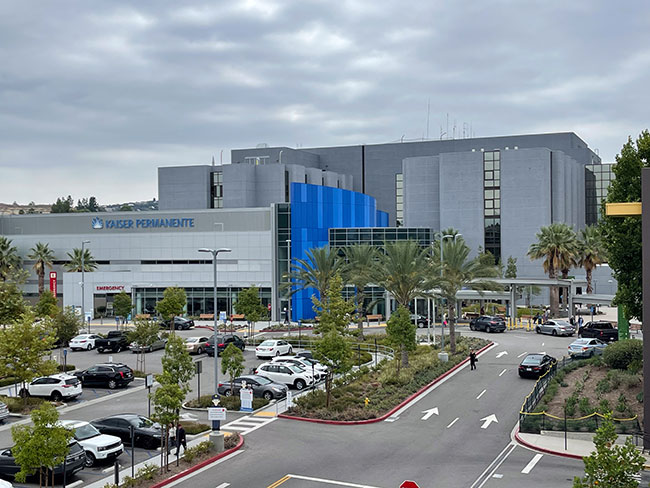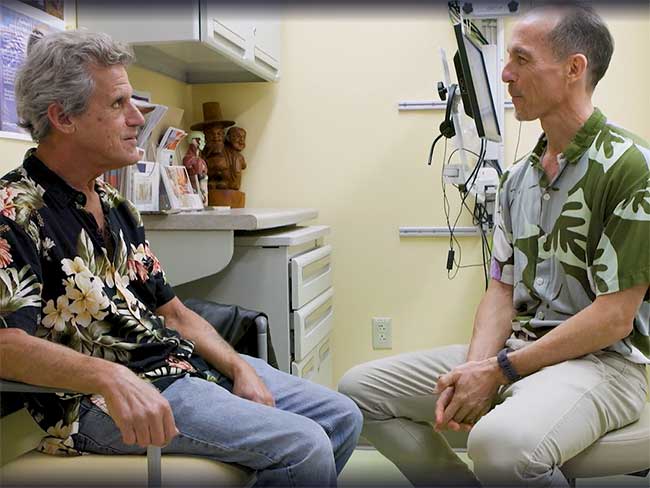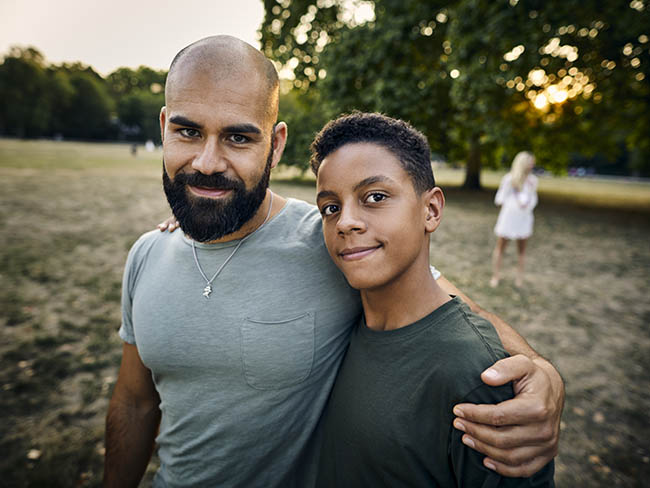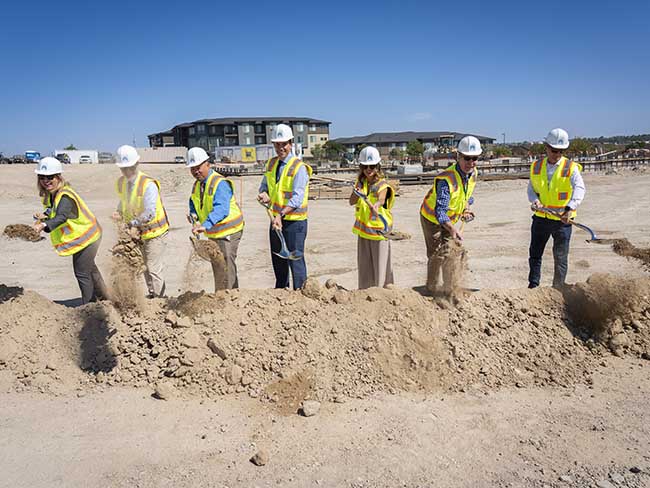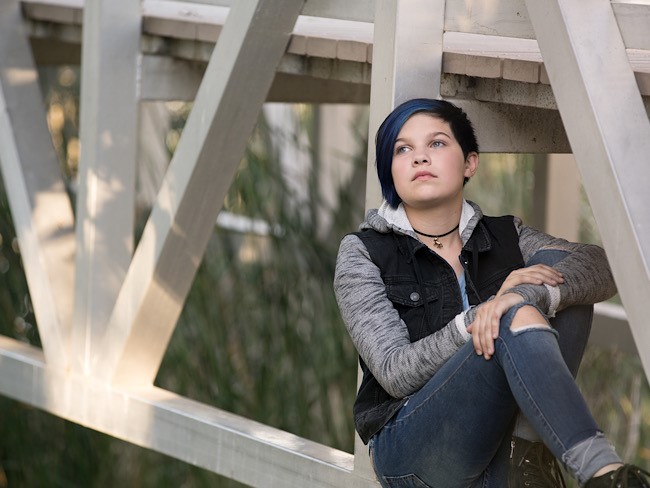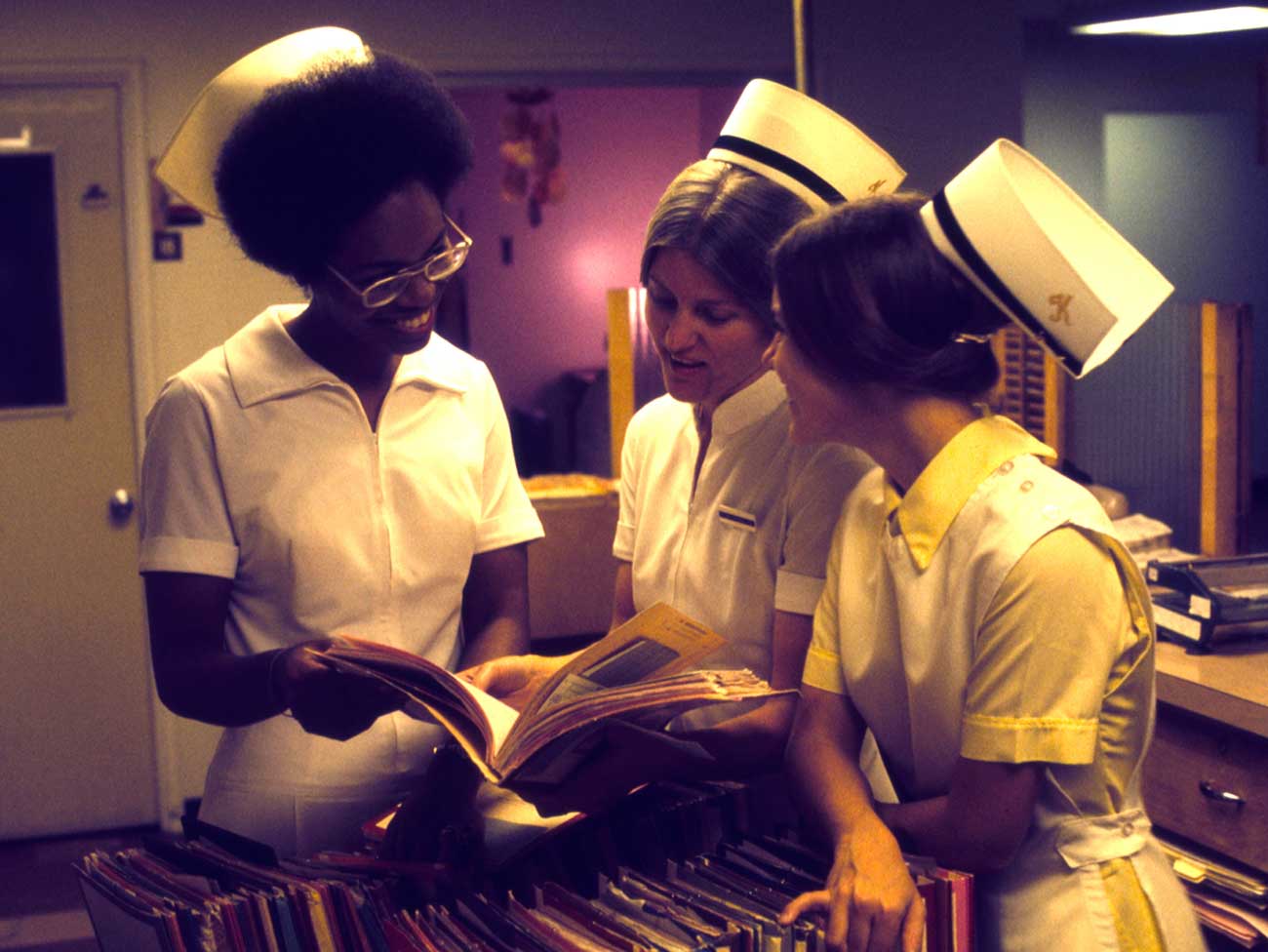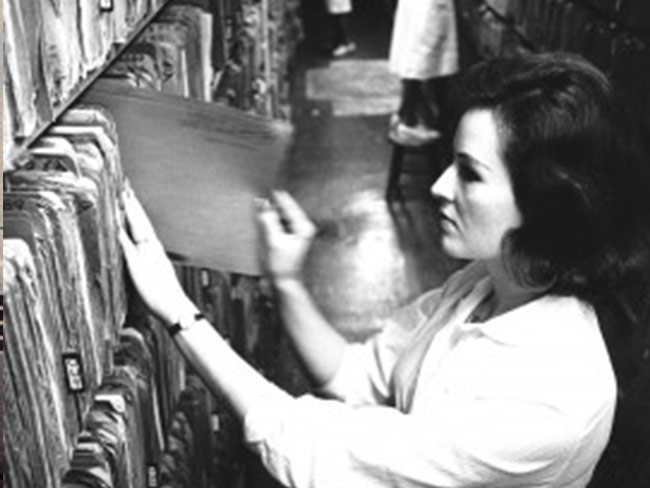Life after cancer: Surviving and thriving
A healthy life after cancer is possible. Learn how Kaiser Permanente helps patients survive and thrive.
After participating in a clinical trial for a precision cancer medicine, Robert Binkley (shown above with his wife, Dianna) has exceeded his life expectancy.
Robert Binkley, a Kaiser Permanente member in Southern California, was diagnosed at 57 with chronic lymphocytic leukemia — an incurable cancer of the white blood cells in his bone marrow. His doctors told him he had about 10 years to live.
Eight years later, Binkley joined a clinical trial for a precision medicine cancer treatment. And he’s been in remission ever since.
“It was a great decision for me to go on this clinical trial,” said Binkley, now 73. “I try to keep a positive attitude, and I wasn’t about to let this illness hold me captive.”
Binkley is not alone. With better screening, early detection, and innovative new treatments, more patients are surviving cancer — and living longer. According to the National Cancer Institute, there are nearly 17 million cancer survivors in the United States — about 5% of the population. That number is expected to be over 22 million by 2030.
The Kaiser Permanente difference
When cancer patients get care at Kaiser Permanente, they’re supported through all stages of their cancer journey. Our integrated care and coverage allow us to detect, diagnose, and treat all types and stages of cancer. And we help reduce cancer risk and catch it early through regular visits to a doctor and screenings.
Our electronic health record system lets us connect a patient’s cancer care with other medical issues they may have, like diabetes or heart disease. Every care team has the latest information on a patient’s progress. So, they can manage a patient’s health during cancer treatment — and beyond.
Healthy lifestyle habits to reduce cancer risk
More than 4 in 10 cancer cases in the United States are preventable. One way to prevent cancer is by creating new healthy habits. Members have access to a range of healthy lifestyle tools and resources. And patients who have cancer can learn how to prevent future cancers. Quitting smoking, eating better, exercising more, and reducing stress can help cancer survivors live a healthier life.
“I bike ride, I walk, I play golf, I travel, I work in the yard, I do home remodel projects. I constantly try to stay healthy in any way that I can,” Binkley said. “All of this activity helps me keep the right frame of mind, and I think that helps a lot in battling cancer.”
Advancing cancer care through research and clinical trials
At Kaiser Permanente, research and clinical practice are connected. Doctors use their expertise to suggest cancer research. They can then use the study results to create new, evidence-based ways to improve cancer care, treatment, and outcomes.
Taking part in clinical trials and research also creates community. And it gives cancer survivors the opportunity to help others.
“I hope people aren’t scared away by the term ‘clinical trial,’” Binkley said. “They’re so well researched and are not offered until they’ve shown themselves to be of benefit to patients. I think it’s important that people like myself get involved, not only for our own benefit, but for the benefit of others who come after us.”

